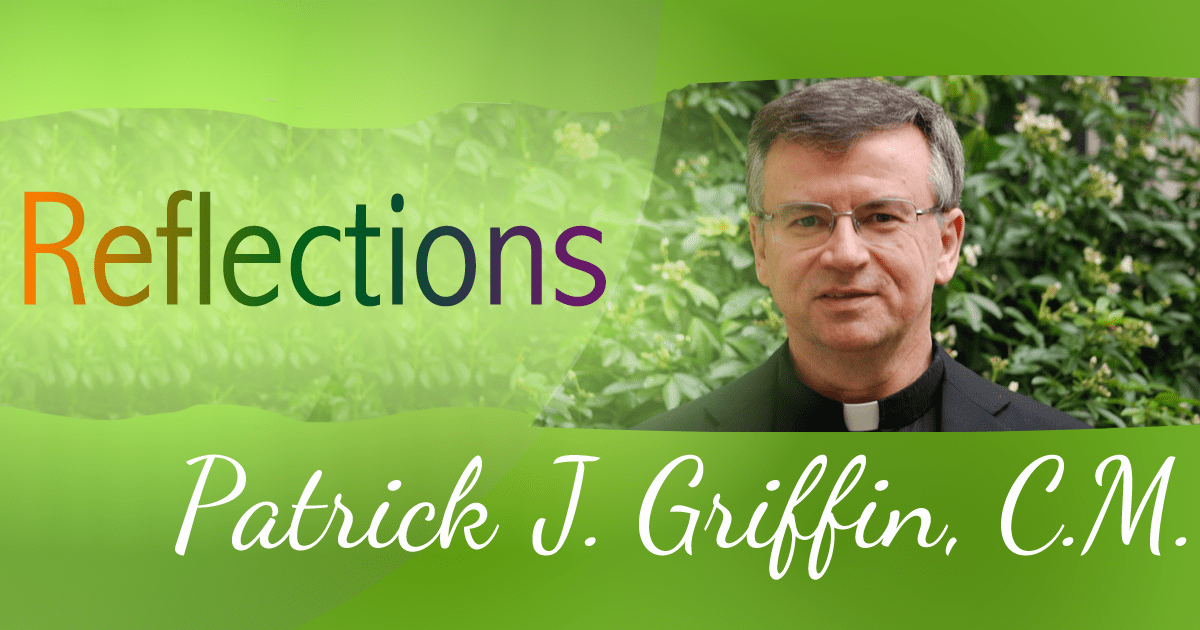The situation caused by the coronavirus has provided a certain level of instruction for many of us. It has summoned us to learn more about the nature of disease and a virus; it has caused us to become better at reading bar graphs, line graphs, and pie charts; it has required us to brush up on our knowledge of geography and population densities. One could put a number of other items on that list—such as the importance of soap and clean hands, and our undeniable need to become more familiar with technology with its wondrous means of communication. Our current story has contributed to a deepening of our education.
The discipline that particularly reminds me of our present human context is the realm of sociology. At the very least, we have been prodded to recognize what we know is true: we are social creatures. We continue to discover our close connection to other people and the rest of the world both physically and psychologically. Social distancing does not come easy.
As people begin to speak about the “new normal” and the “defining moment” of this pandemic, we imagine how our lives will be different, and we wonder how. Some write about what may be a change in our method of greeting one another—handshakes, hugs and kisses may become less common. A simple bow may become the way of greeting. (It reminds me of the method that I associate with a Japanese culture.) Mass transit may need rethinking. Growing up in NY, the subway provided the vehicle of choice for getting around the City, and it remains so for me. In the “old” world, the NYC subway system moved 5.7 million people each workday, with 400,000 more on the bus system. During rush hour, these modes of public transit were “packed.” Considering another setting, when do you ever sit closer to a person for an extended period than on an airplane? Educational institutions at every level (such as my St. John’s) continue to examine the future challenges in providing an education to our young. And so on.
Our Vincentian hearts are uplifted as we recognize the service that so many provide in our world each day for those who suffer affliction. The incredible effort extended by health care workers, by first responders, by our scientists, and by all of the lesser-known but essential workers offers a lesson in the goodness and self-sacrifice of people. Compassion and generosity remain alive and well in so many quarters. We are very grateful for their care and their modeling of “no greater love.”
The spread of the virus and its impact has taught or reminded many of us of other truths that touch our Vincentian souls. We know that there are fewer and less equipped hospitals in poor areas. In conjunction with that reality, we find that those in need have less access to health care, that they live in much denser populations, and that some of the services that they provide (though low-paying) are deemed essential. The poor continue to rely on mass transit, and so repeatedly expose themselves to situations that place them at risk. With fewer trains and buses in operation, the close conditions in each car worsens the risk. None of these realities surprises us, but the virus brings it forth in a powerful and undeniable way. Linked to all this, we are reminded about how close to the edge many families live. Without regular income, the necessities of food, shelter, and travel become difficult to sustain. These realities of the current affliction disproportionately influence the Latin and African-American population, but they are not the only marginalized who suffer.
Thankfully, the Vincentian Family carries out ministries attending to the needs of the disadvantaged among us. Each of us must continue to offer our prayer and resources to these efforts. As we are reminded repeatedly, we are in this together.








Yes, this is a wake up call for all of us in the world. Sometimes we go about our daily lives as usual not knowing what others may be going through. We may be sitting next to someone in Church not knowing when that person leaves mass they may not know where their next meal is coming from. This is a wake up call for everyone in the Universe.